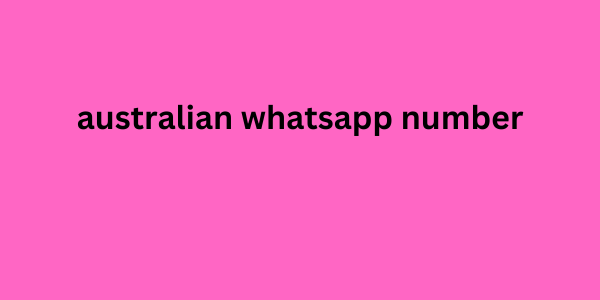What is a brief?
When an entrepreneur contacts a design studio or branding agency , the first thing they do is ask him to answer a number of questions concerning both the company itself and the future project. All answers are recorded in a special document called a brief. It helps to obtain initial data from the client for further cooperation.
Each agency or studio usually develops its own brief form in advance, which they offer the client to fill out. By the way, our branding brief can be downloaded at this link. However, freelancers are increasingly using this document to interact with clients.
The questions that are included in design briefs can be very diverse. Typically, contractors are interested in the following points:
the name of the company and how long it has been in existence;
the meaning of the name, the peculiarities of its interpretation;
features of the company's activities;
what distinguishes it from competitors;
target audience.
The above points require more detailed disclosure. Next, weaustralian whatsapp number will analyze how to fill out a branding brief in order to save the client and contractor's time as much as possible.

Let us become your ally in creating a successful brand.
Write to us to find out the terms and cost
Logo Cases
Write to us
Filling out the brief
Project information
Usually the very first question asked in any brief is the name of the company . After all, it must be reflected in the creation of the logo and the development of the corporate style . Moreover, it is very important to know the correct spelling, with all the spaces and punctuation marks. How the name will look in the brief will then appear in the logo.
The next question clarifies what semantic load the company name carries. Based on your answer, the designer will have to accurately reveal all the meanings you have laid down or come up with new images for the identity. You can tell the story of how the company name appeared, share the associations that visited you during the naming process. The more information the designer receives, the better.
When you talk about the company's activities, disclose all the details, because each business has its own characteristics. This way, the design process will go much faster. For example, if you provide psychological assistance mainly through instant messengers, this feature can be reflected in the form of d